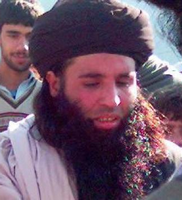On Feb. 16, the Pakistani government announced a truce with insurgents in the North-West Frontier Province (NWFP). In the agreement, the government agreed to promulgate Islamic law in one-third of NWFP. Pakistani officials are arguing that Islamic law is a popular demand, and that the creation of state-led Islamic courts will reduce support for extremism. However, rather than vitiating jihadism, the accord will legitimize radical ideology and demonstrate the efficacy of violence in its realization. NWFP's citizens have not been agitating for the establishment of Islamic law. True, the province was governed from 2002 to February 2008, by the Muttahida Majlis-e-Amal (MMA), a coalition of hard-line Islamist parties. In its signature legislative effort, the Hisba Act, the MMA envisioned the creation of a vast bureaucracy responsible for implementing Islamist ideology. But when Pakistan's Supreme Court declared the act unconstitutional and the Islamists tried to gin up street protests in response, their efforts were met with complete apathy on the part of constituents. The law yielded even less electoral advantage. Campaigning in 2005's district elections on the pledge to persist in establishing Islamic law, the MMA lost several seats to opposition parties. Then in the 2008 provincial elections, the MMA was routed by the secular, nationalist Awami National Party (ANP), which currently governs NWFP.
Swat Truce Reflects State Weakness, Not Popular Will

